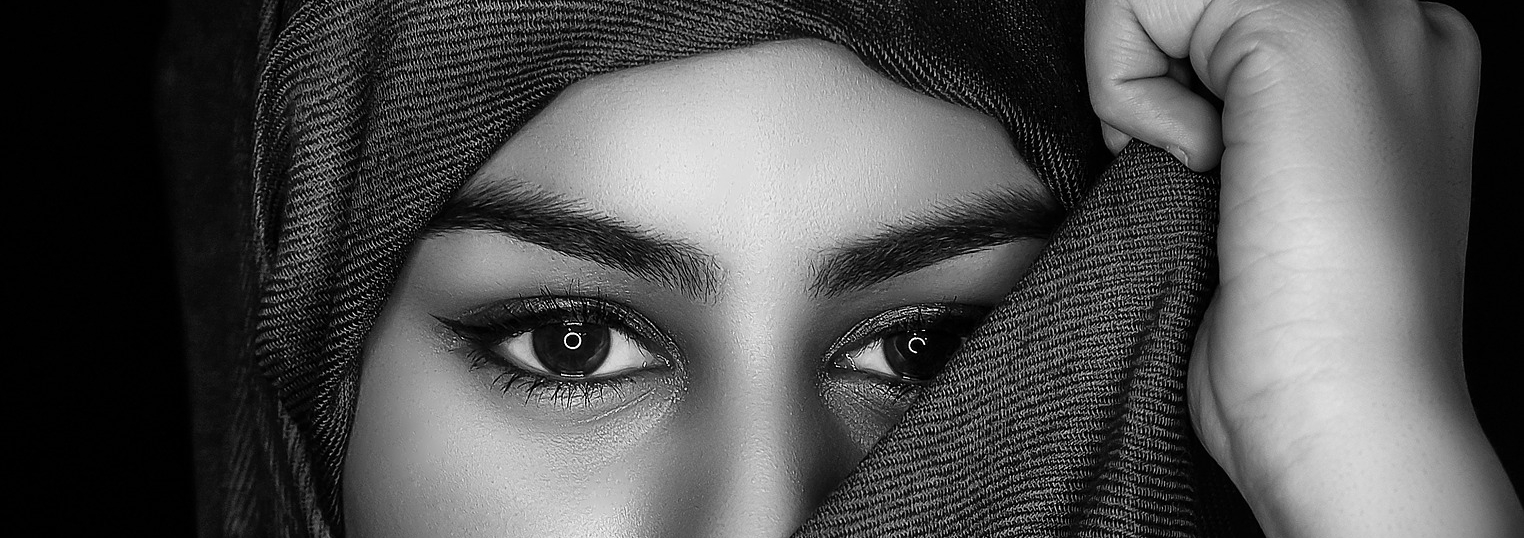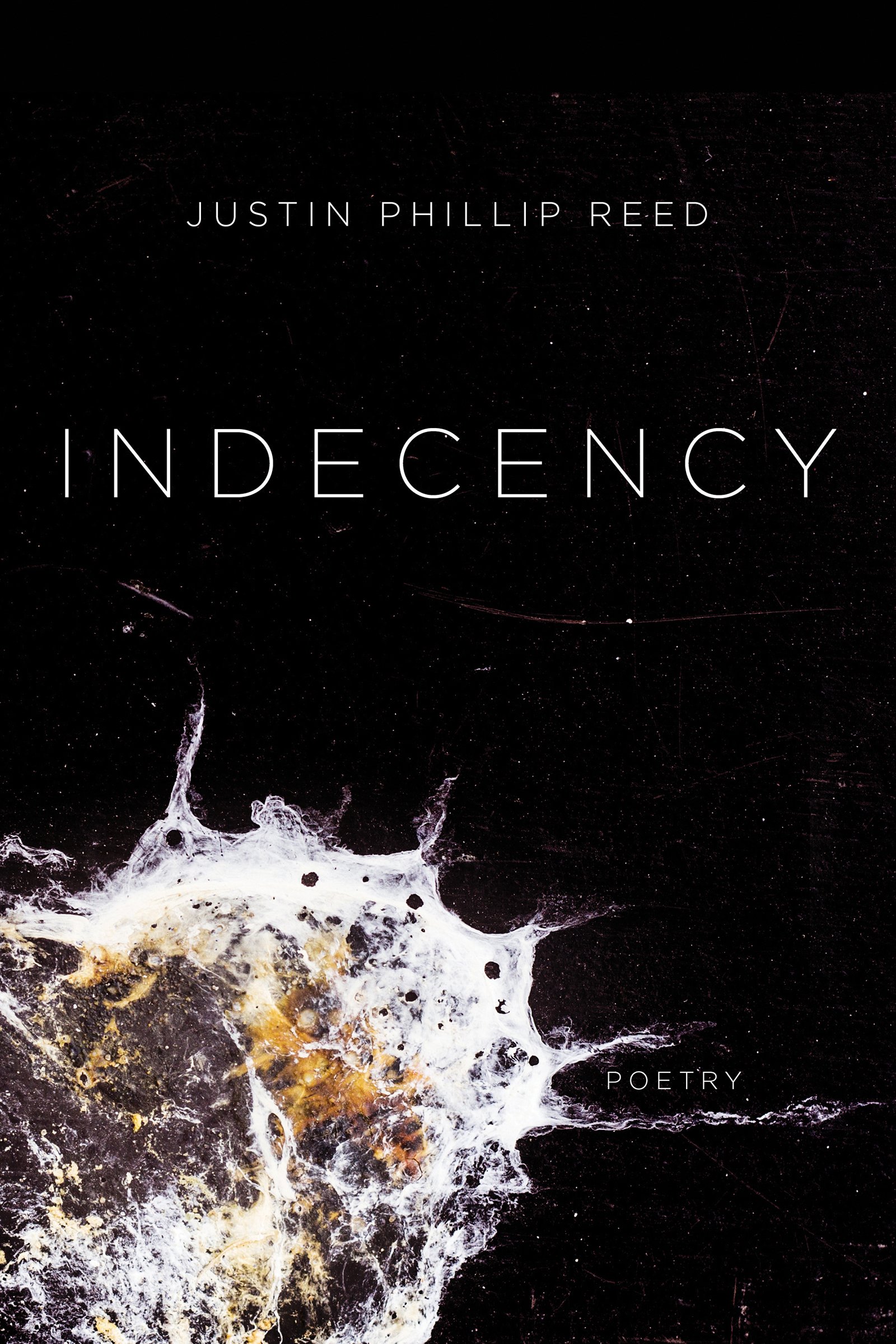Beside Each Other
by Arun Chittur
Three months ago, our office manager mounted a 60-inch television on the back wall of our small cubicle farm. It received a lackluster reception and inconsistent use in its first couple weeks. Then the Olympics started.
“What country is he from?” Jeremy shouted, half-hidden behind his cubicle wall. The office was glued to a broadcast of men’s biathlon, the fifteen-kilometer “pursuit” event.
“I don’t think it matters!” Mike shouted back, his eyes locked on the screen.
Fifteen men on skis and clad in a rainbow’s worth of skin-tight suits fought through a series of snowy embankments and shooting stops. If an athlete missed one of the five targets at a stop, they detoured onto a penalty track, extending their race distance. The grueling event no doubt required years of dedicated training. The presumptive frontrunner and next four competitors all hailed from Northern Europe. In fact there wasn’t an American in the field. And yet my office of red-blooded, American men were rapt with attention.
The Olympics, both summer and winter, symbolize the world’s potential to wrap itself in a common experience at the expense of political conflict and protracted spats that otherwise define us. The Pyeongchang games served to test the world’s resolve to support the athletes despite tension that had developed between the United States and North Korea, not to mention between the United States and several other nations, on a host of issues. Anticipation intensified when South Korea announced a joint women’s hockey team with the North and its intent to march under a single, unified Korean flag. Though some denounced South Korean officials for weakness in the face of Kim Jong-un’s “charm offensive” and incurring risk to the South’s medal chances, South Korean President Moon Jae-in defended the decision as a significant step toward improved inter-Korean relations. It is hopeful that such steps can be taken despite a traumatic history.
I’ve been watching the Olympics for a long time. In 2008, I watched Michael Phelps dominate swimmers in Beijing’s luminescent Water Cube. As a high school track runner in 2000, I followed the Olympic marathon more closely than the Super Bowl. When the 1996 games brought Olympians to the Deep South, where I grew up, my parents took me to the soccer opening qualifier between the U.S. and Argentina in Birmingham. The U.S. lost, but most of the fun came from seeing hundreds of national flags crammed together in the same stadium famous for hosting sacred Alabama-Auburn football games. I love these experiences, seeing the potential we have to care for others who share neither a language nor a national origin. So how do the Olympics seem to sew together, albeit temporarily, fissures that are intractable before and after? What is it that makes us forget our distrust of others to focus instead on sports we’d never hear of except during those magical three weeks?
I don’t know, but I have a guess. It’s the same reason President George W. Bush received applause in a Democrat-dominated New York shortly after 9/11, standing in Yankee Stadium. It’s why NFL fans are divided over the display of political expression before and during games. And it’s the same reason my hometown of Columbus, Ohio is suing to keep Major League Soccer’s inaugural team from moving to Texas. It’s the power of sport. Not one, but all of them. Competition predicated on a skill honed through deliberate action.
Professional athletes may attribute their success to talent, but even the talented supplement their luck with practice to reinforce skills necessary for long-term success. Men and women of all colors and dimensions practice and compete alongside each other in a variety of sports. College football, a religion around the country, includes players from Hawaii and Africa. It’s normal in Major League Baseball for fans to cheer a Domincan Spanish-speaker as much as a native English-speaker from Indiana who’s never owned a passport. Sports brings out the best in our competitive nature, something that leads many of us to negate personal biases and fears that rule our lives. The effect is magnified when the Olympics come back around, uniting fans not around a city or region but worldwide. Each country roots for its own but you’ll just as easily find spectators rooting for another country’s athlete because of their story, how many Olympics they’ve attended, or simply because they’re fun to watch. Which leads to another question: what prevents us from harnessing this magic—that is so easily attainable, even predictable—the rest of the time? Why is it normal that we’ll return to our corners and raise our defenses as soon as the torch is extinguished or the clock reaches zero?
Therein lies the problem. The community we are able to create around the Olympics is always within our potential irrespective of the divisions that came before. Yet we seem to choose not to allow such a community to exist at other times. It must then be a choice. We root for our favorite professional athletes on one night then demonize their entire race the next morning. I believe we can control these impulses. We can change them.
The ‘stress’ we feel watching our team on the cusp of a championship or playing its arch rival isn’t like other stress, and doesn’t compare with outright fear. Win or lose, everyone walks away having represented their communities well. We love watching sports, communing over food and games and making plans to do it again. When we fall victim to old biases—racial biases—we allow ourselves to be afraid. We allow fear of the unknown, the unfamiliar, to get the better of a rational mind and override impulses that guide us through sporting events. We allow a news story or political speech to affect how we see one another, to overtake the power of our shared humanity. Life must be about the lives we all hope to live together, not the lives we hope to live in spite of each other. Life must be about what we can do beside each other.
Arun Chittur is a graduate of The Mountainview Low-Residency MFA in Fiction and Nonfiction. He currently teaches organizational leadership and pedagogy in Nevada.



















